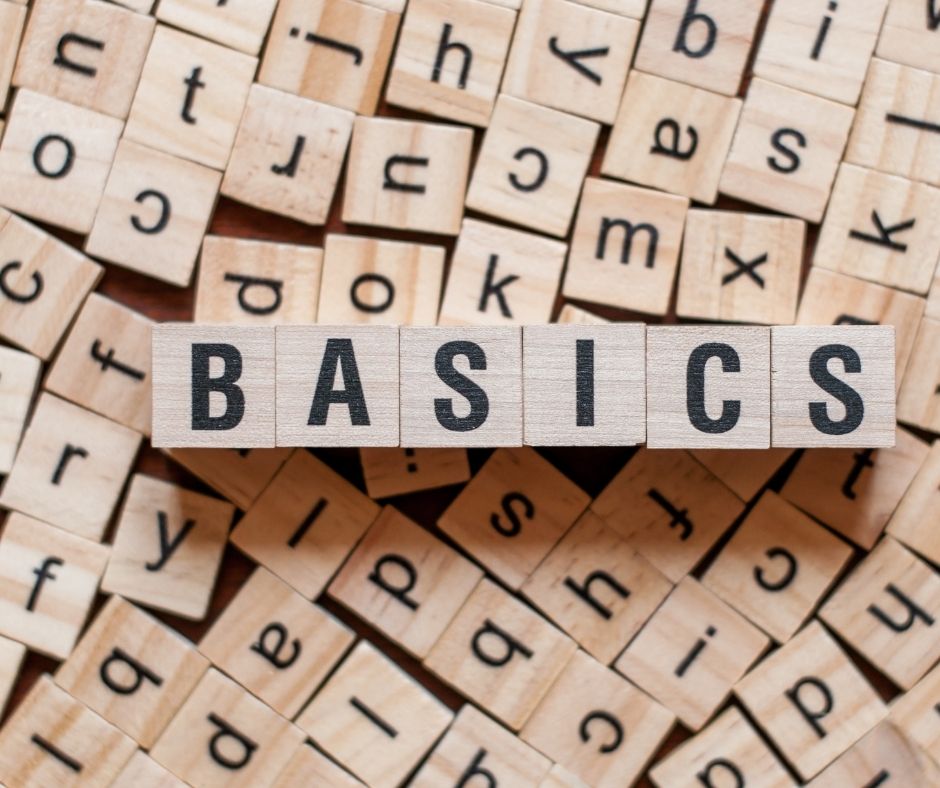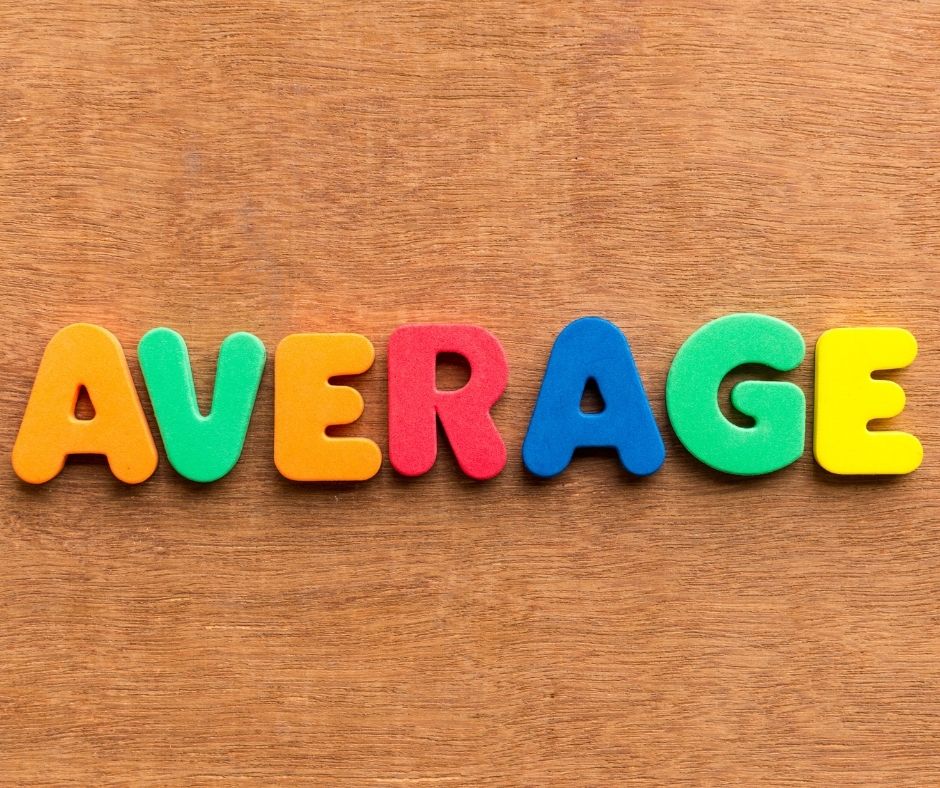life insurance policies
Life insurance policies can cover you in a variety of ways. Some life insurance policies will pay out a lump sum to your beneficiaries when you pass away. Other kinds can cover expenses such as funeral costs and medical bills for accidental death or physical injury you suffer during the policy. Your policy may also include riders, such as disability coverage and critical illness protection, which offer extra protection if the insured becomes disabled or suffers a severe illness while the policy is active. Additionally, depending on your life insurance type, your beneficiaries may have access to an annuity or other financial benefit that pays out over time instead of in one lump sum. Ultimately, because there are so many options available regarding life insurance, it's essential to understand what kind of coverage best meets your needs and goals before committing to a policy.
Shop for the best life insurance policy for your needs and budget. Comparing policies from multiple providers can allow you to identify an option that fits your financial goals and security needs. Additionally, work with a reputable insurer who can provide answers and assistance regarding how long an approved claim will take and understand features such as riders. A rider is a feature on some policies which offers additional benefits such as accelerated death benefits or waiver-of-premium due to a disability in the event something unexpected happens. The right approach will give you peace of mind knowing that you have coverage in case the unexpected occurs.



